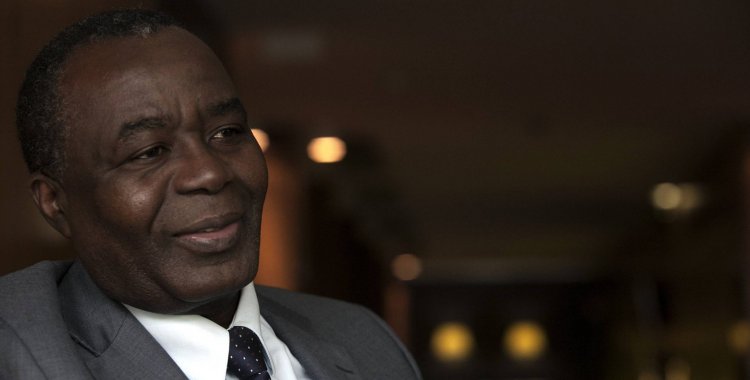Marcolino Moco was speaking to Lusa on the sidelines of the presentation of the book "Compreender a Angola de amanhã... hoje", by economist Manuel Alves da Rocha, which took place in Luanda.
"I think this is an African problem, of all dictatorial countries that don't want to hear what's going on", highlighted the jurist, now retired from political life, criticizing the way in which national public communication has avoided news about the strike and defended the governments' position.
Marcolino Moco highlighted that the electoral system in Angola does not allow alternation "which means that those in power do not worry about things" that have been deteriorating, warning that workers and the population in general "have limits".
Asked whether the executive has the conditions to meet the unions' demands, he admitted that it will be difficult, "not because of the workers' fault, but because it has "created a system that does not allow the country to grow and develop" and in which all the power is handed over to a single person, remembering that this was the reason for his removal from the MPLA, for disagreeing with the Constitution approved in 2010.
"The difficulties are enormous, there is no way to respond to the proposals that are made, but the workers have to put pressure on", considered the former government official, recommending that the executive "strengthen the dialogue" and do so in such a way that the workers believe in the Government.
"It's a question of credibility", he highlighted, noting that a "broad plan is needed to resolve Angola's problem once and for all", with mechanisms for monitoring and controlling the actions of the executive and an electoral system that allows alternation to "enable the country's advancement".
Angola began its second general strike since 1998 on Wednesday, and the first with the participation of the three union centrals.
Unions and the Government do not understand each other on issues related to the increase in the minimum wage and civil service salaries, but both parties express their willingness to continue negotiating.
According to the unions, the first day of this interpolated strike had 95 percent participation and was also marked by the arrest of strikers and complaints of threats and coercion.







